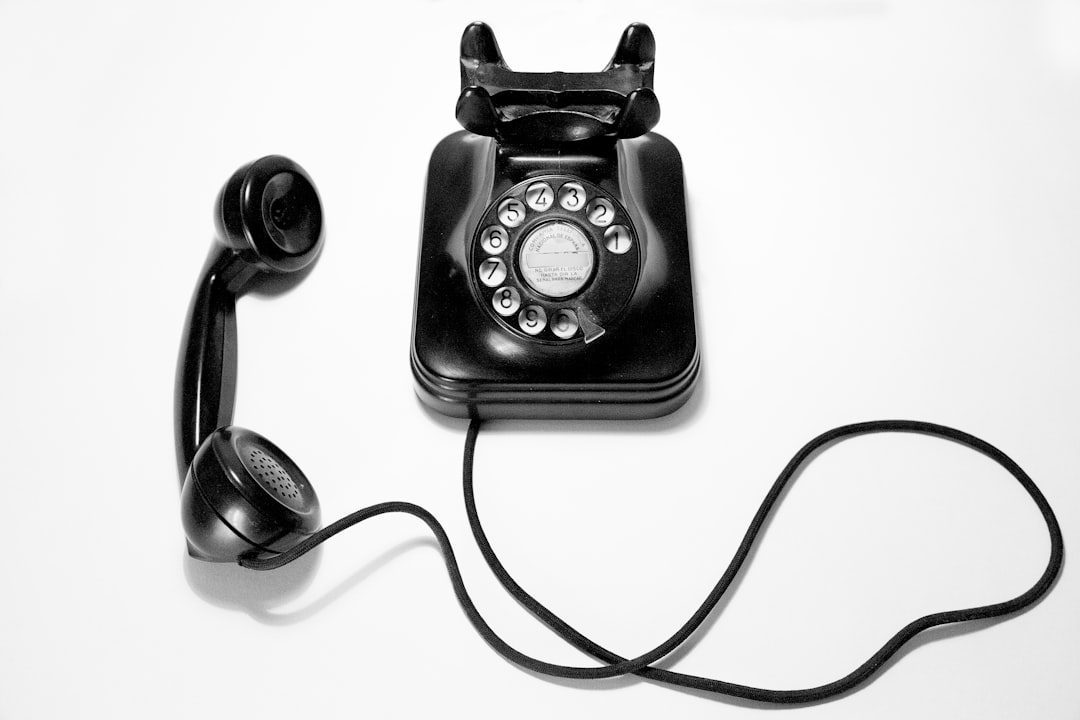Robocalls, automated calls irritating food industry, but Michigan's Telephone Consumer Protection Act (TCPA) offers protections. Lawyer for TCPA Michigan assists businesses like Shelby's Cherry Hut in navigating these laws to avoid legal issues, maintain customer satisfaction, and block unwanted calls through technical measures and legal action.
“In the competitive food industry, every interaction with customers matters. However, unwanted robocalls have become a growing nuisance, leading many businesses to seek solutions. This article explores how Shelby’s Cherry Hut Restaurant in Michigan tackled this issue by understanding TCPA regulations and employing effective legal strategies.
We delve into the world of robocalls, focusing on Michigan’s specific laws, and present a case study highlighting Shelby’s successful approach. Additionally, we offer insights for restaurants seeking to combat these automated calls, emphasizing the importance of professional guidance from a lawyer specializing in TCPA Michigan regulations.”
Understanding Robocalls and TCPA Regulations in Michigan

Robocalls, or automated telephone calls, have become a ubiquitous yet unwanted aspect of modern communication. In the food industry, businesses often receive a high volume of these calls, many of which are marketing-related and can be frustrating for customers and employees alike. The Telephone Consumer Protection Act (TCPA) is a federal law designed to curb such practices by establishing rules around consent and restrictions on automated calling.
In Michigan, the TCPA regulations aim to protect residents from unwanted robocalls. A lawyer specializing in TCPA Michigan can guide businesses, especially restaurants like Shelbys Cherry Hut, on navigating these laws. Compliance involves ensuring calls are made with proper authorization and avoiding certain techniques that could trigger legal issues. Understanding and adhering to these regulations not only helps maintain customer satisfaction but also prevents potential legal consequences for the restaurant.
Shelby's Cherry Hut Restaurant: A Case Study

Shelby’s Cherry Hut Restaurant, a beloved local eatery in Michigan, has found itself at the center of a modern-day dilemma—robocalls. These automated telephone calls, often used for marketing purposes, have become a pervasive issue in the food industry and beyond. In response, the restaurant sought legal counsel to address this growing concern.
With the Telephone Consumer Protection Act (TCPA) as their guide, Shelby’s Cherry Hut teamed up with an experienced Michigan lawyer specializing in TCPA litigation. This strategic move allowed them to navigate the complex world of consumer privacy laws. The case study highlights the importance of safeguarding customer experiences from unsolicited robocalls, ensuring a harmonious balance between business promotions and consumer rights.
Legal Strategies to Combat Robocalls for Restaurants

Many restaurants, like Shelby’s Cherry Hut, face a growing problem with robocalls, which can disrupt operations and negatively impact customer relations. Fortunately, legal strategies exist to combat this issue under the Telephone Consumer Protection Act (TCPA). A lawyer specializing in TCPA Michigan can help businesses understand their rights and take action against unwanted automated calls.
One approach is to implement call blocking technologies that detect and filter out robocalls. Additionally, restaurants can document and report suspicious calls to their lawyer for TCPA Michigan, who can then pursue legal action against the perpetrators. By combining technical solutions with legal remedies, businesses like Shelby’s Cherry Hut can effectively tackle robocalls and ensure a smoother, less disruptive customer experience.






